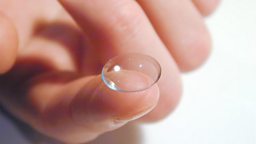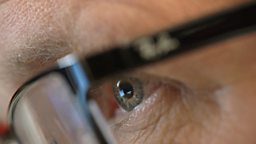A new treatment for psoriasis
Psoriasis is a skin condition that affects almost 2 million people in the UK. It is characterised by red, flaky patches of skin. These may be itchy or painful, or both, and can affect any part of the body.

In some cases, psoriasis is hereditary, and may be triggered by injury, stress, alcohol, smoking or other health conditions. The cause of psoriasis varies according to the individual, which makes it a particularly difficult condition for doctors to treat, as there is no “one-size-fits-all” solution. It can be associated with arthritis (psoriatic arthritis), depression and risk factors for heart disease. Thus, management of the whole person, beyond the skin, is important.
Common misconceptions of psoriasis
There are a lot of myths about psoriasis. Firstly, many people fear that it is contagious, and those living with psoriasis often experience stigma in public places like swimming pools. This is false: the only way it can be passed from one person to another is genetics.
Secondly, it’s sometimes assumed that psoriasis is caused by poor hygiene. Again, research has shown that personal hygiene is not a factor. In fact, it’s common for people living with psoriasis to wash themselves and their clothing more often others in order to cope with the build-up of flaky skin.
Thirdly, psoriasis is sometimes considered to be purely a cosmetic issue. But the effects of psoriasis can run much deeper. People with psoriasis often suffer from low confidence and self-esteem, which in turn impacts on their careers and social lives.
Psoriasis on the hands and feet can make everyday activities difficult.
Treatments for psoriasis
Treatment typically begins with moisturisers and vitamin-D or steroid creams. If these don’t prove effective, patients may then be offered phototherapy, which uses UV light to stop the build-up of excess skin. All of these treatments are designed to manage the symptoms of psoriasis, but they don’t treat the underlying cause, and they don’t work for everybody. Medication for psoriasis include drugs such as methotrexate which can be associated with side-effects and don’t precisely target the causes of psoriasis.
Unfortunately, we still don’t have a cure for psoriasis. But more is now known about how the condition works. It is caused by a fault in the immune system which triggers the over-production of new skin cells. And this knowledge has led to the development of potential new treatments. Over the last few years, scientists have been developing new drugs known as ‘biologics’. These drugs, delivered by injections, target key proteins in the immune system which are now known to be involved in the over-production of skin cells. By targeting the causes of the condition, rather than just the symptoms, doctors hope that these treatments may prevent patients from relapsing or experiencing flare-ups.
This research is still ongoing, and for now, this treatment is recommended only for those with severe psoriasis. It may not work for everyone, but if other treatments have failed, talk to your GP, and they may be able to refer you to a dermatologist to see if this treatment would be suitable for you.
Related links:



























































































